Here's a detailed guide on how to buy a used car wisely to avoid risks and ensure you're investing in a good vehicle.
Step 1: Check history and maintenance records
The most important thing when buying a used car is to check the history of the car. Ask the owner for service records and receipts for previous service. This history will reveal a lot about the current condition of the car and how it has been maintained. If possible, contact the dealer who performed the service to verify the information. This will also help you negotiate the purchase price.
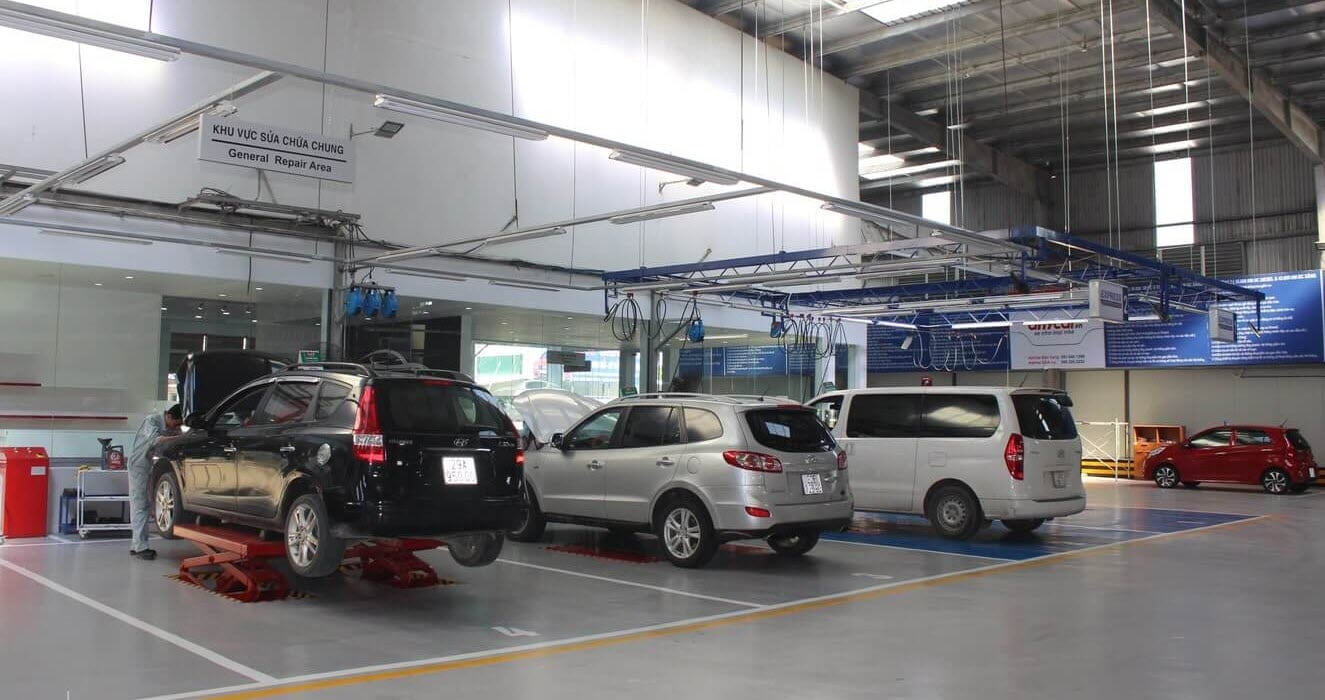
Step 2: Check the body and chassis
The body and chassis of the car are very important. Check carefully to make sure there are no signs of accidents or improper repairs. A misaligned chassis can be a clear sign of a previous accident. Take the car for a test drive to assess the quality and smoothness of the ride.
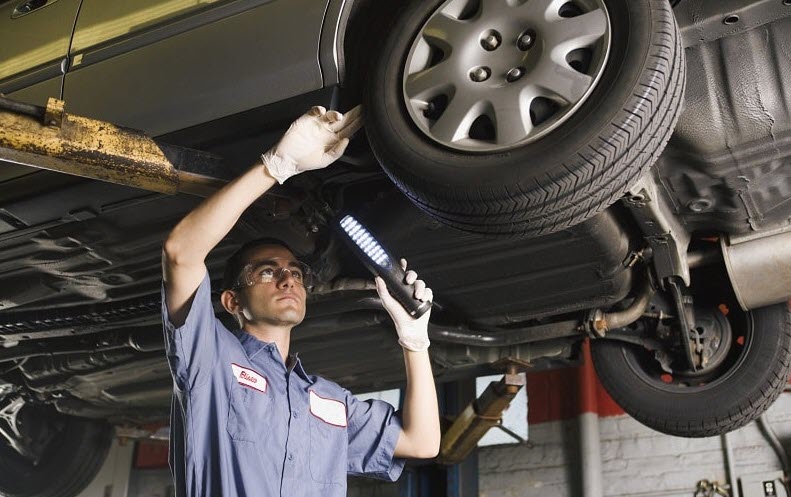
Step 3: Assess the condition of the wheels and tires
Inspecting the wheels and tires is another important step. The rims should not be cracked or bent. Tires should have a minimum tread depth of 1.6 mm for safety. Check the tires for cuts, bulges, or uneven wear. Poor quality tires can lead to increased fuel consumption and faster wear.
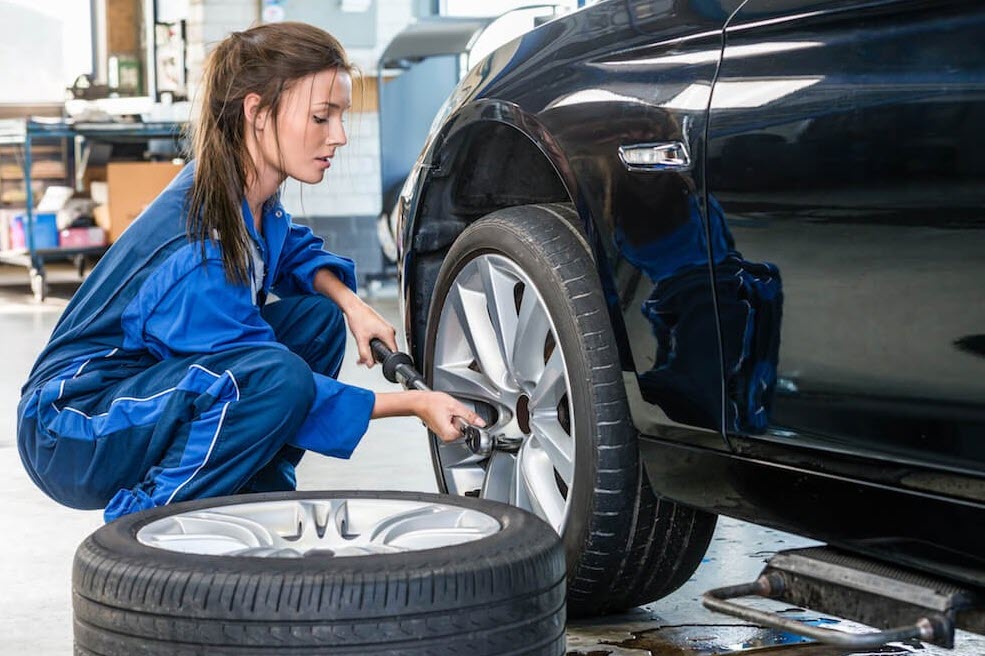
Step 4: Check oil level
Open the hood and check the oil level. The engine oil should be pale yellow and clear. Black or cloudy hoods may be a sign of poor maintenance. Also, if the engine oil contains coolant or is mixed with oil, avoid the car.
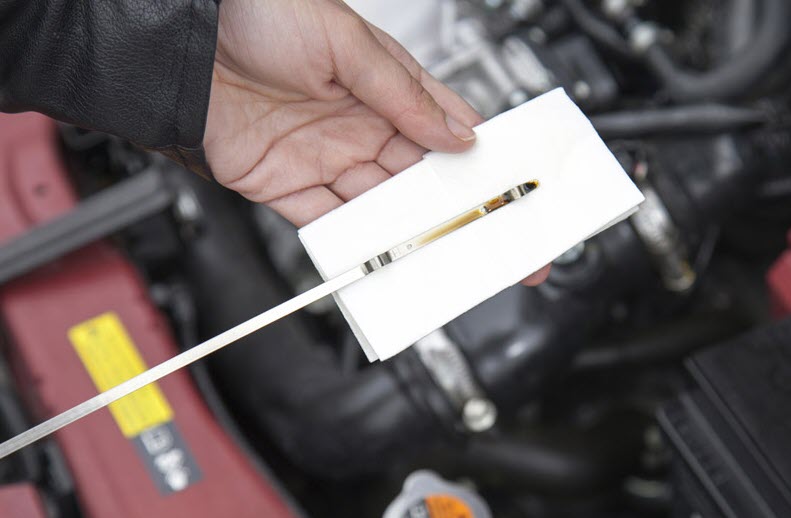
Step 5: Check the color of the exhaust smoke
During the inspection, pay attention to the color of the smoke coming from the exhaust pipe when the car is running. White smoke when starting the car is normal, but if you see black or blue smoke, there may be a problem with the engine. Black smoke usually comes from parts such as the fuel injectors, filters, or exhaust gas recirculation valves.
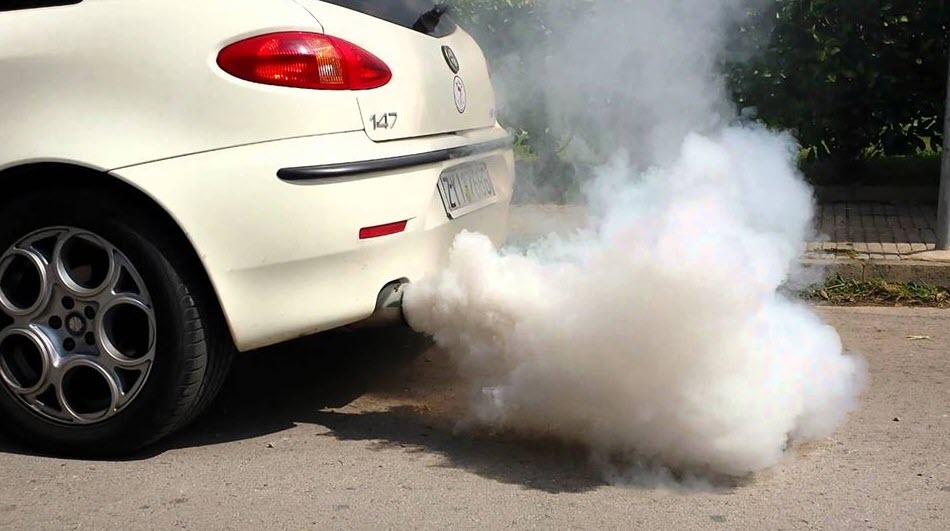
Step 6: Consider the displayed mileage
The number of miles a car has traveled affects its price. Compare the mileage on the odometer with the service history to make sure they match. This will help you avoid buying a car that has had its odometer rolled.
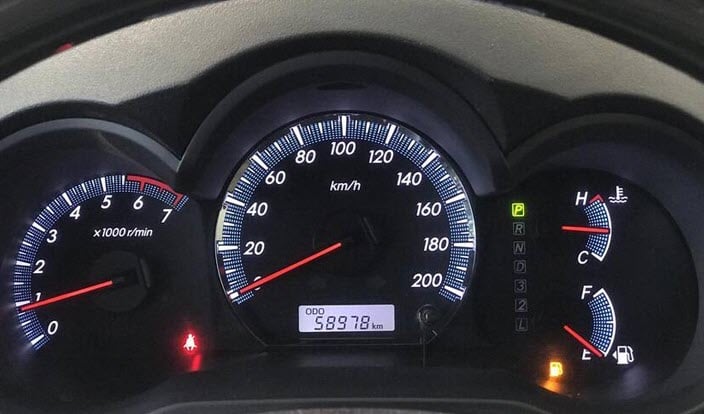
Step 7: Check the interior and electrical system
Finally, check the interior and electrical system. Make sure all functions such as lights, horn, and air conditioning system are working properly. Check the seats, screens, and sunroof if equipped. Look closely for stains or tears in the upholstery.
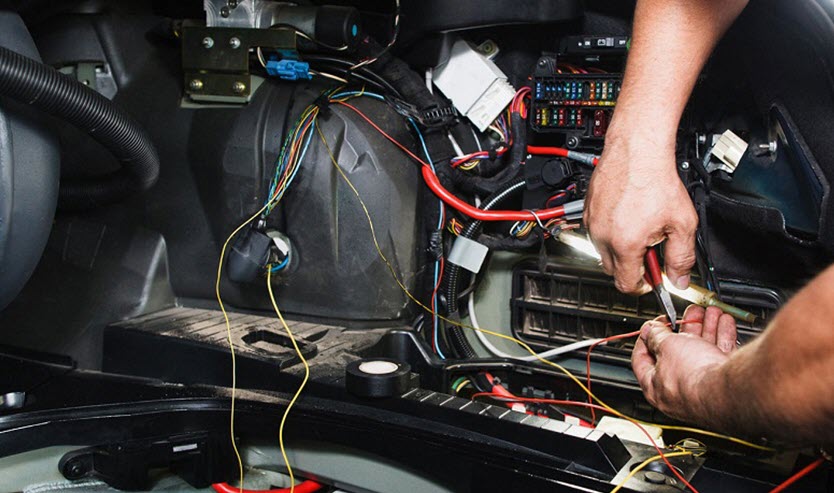
Step 8: Test drive carefully
After checking the exterior and interior, take some time to test drive the car in a variety of terrains, from urban to highway. Pay attention to the car's handling, acceleration, and how it changes lanes.
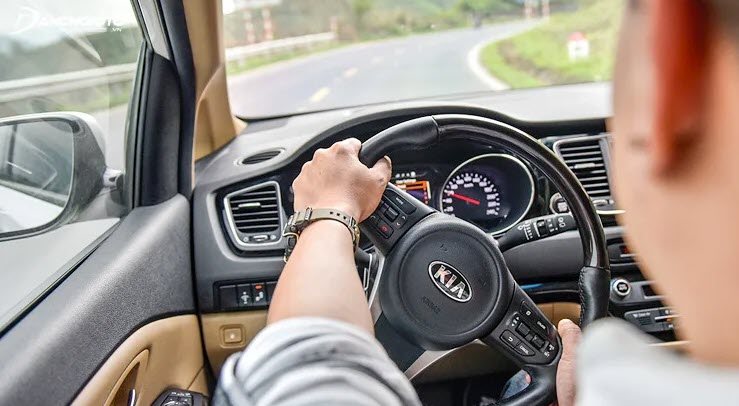
Note: Buy from a trusted source and know the vehicle's history to ensure you're investing in a quality used car.
Remember to follow these steps for a safe and reliable used car buying experience!
Source






![[UPDATE] April 30th parade rehearsal on Le Duan street in front of Independence Palace](https://vstatic.vietnam.vn/vietnam/resource/IMAGE/2025/4/18/8f2604c6bc5648d4b918bd6867d08396)
![[Photo] Prime Minister Pham Minh Chinh receives Mr. Jefferey Perlman, CEO of Warburg Pincus Group (USA)](https://vstatic.vietnam.vn/vietnam/resource/IMAGE/2025/4/18/c37781eeb50342f09d8fe6841db2426c)








































































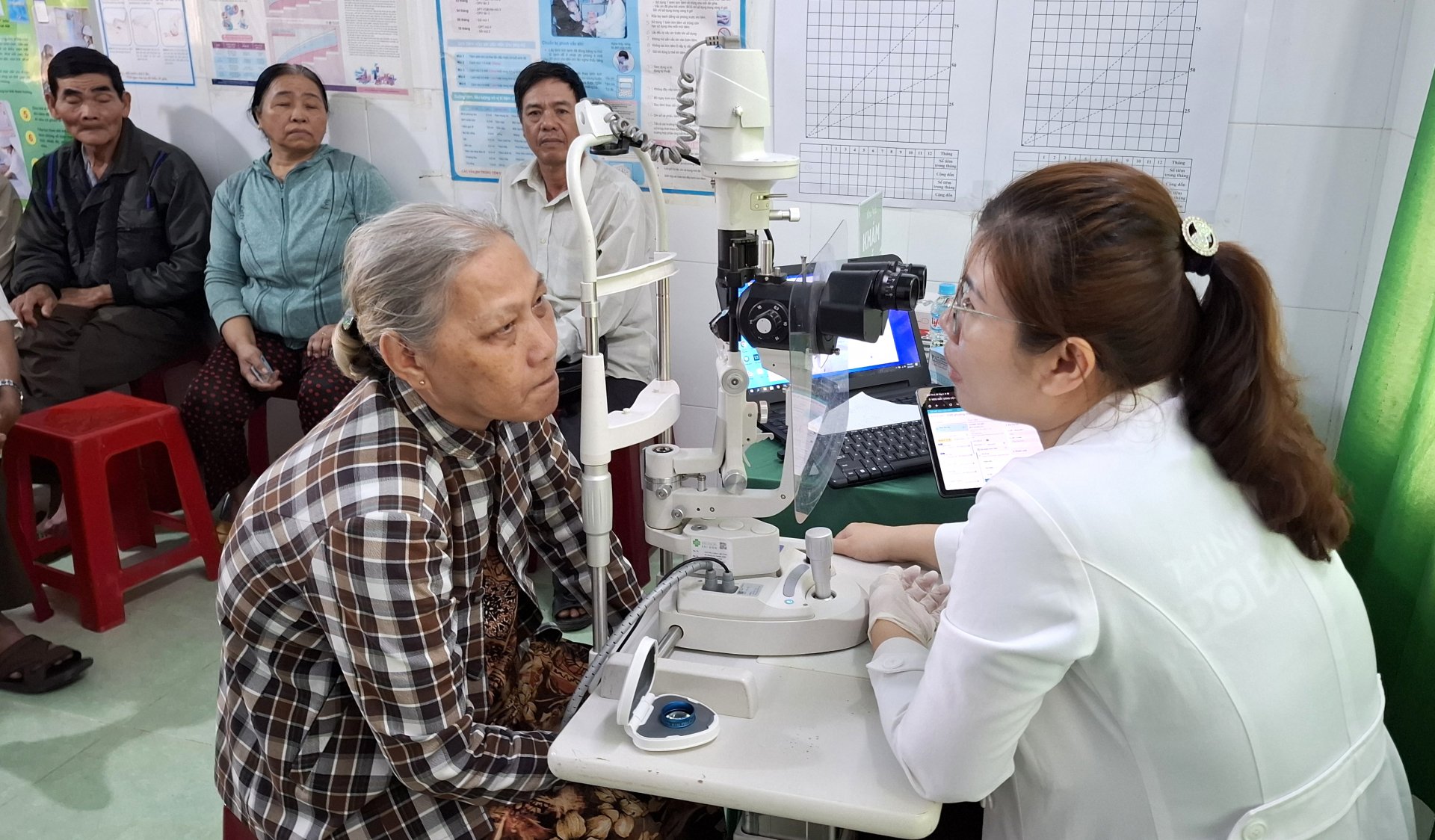















Comment (0)